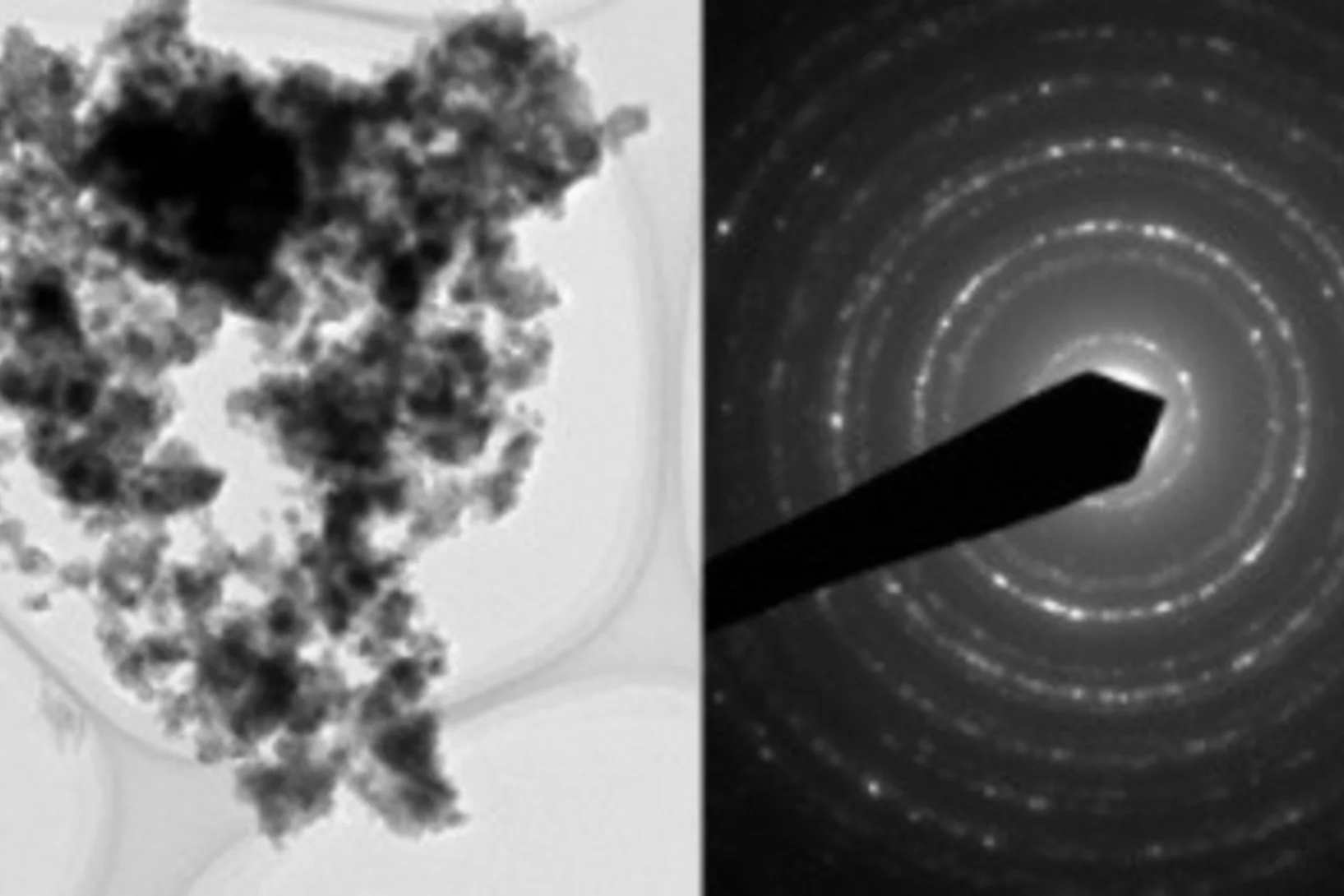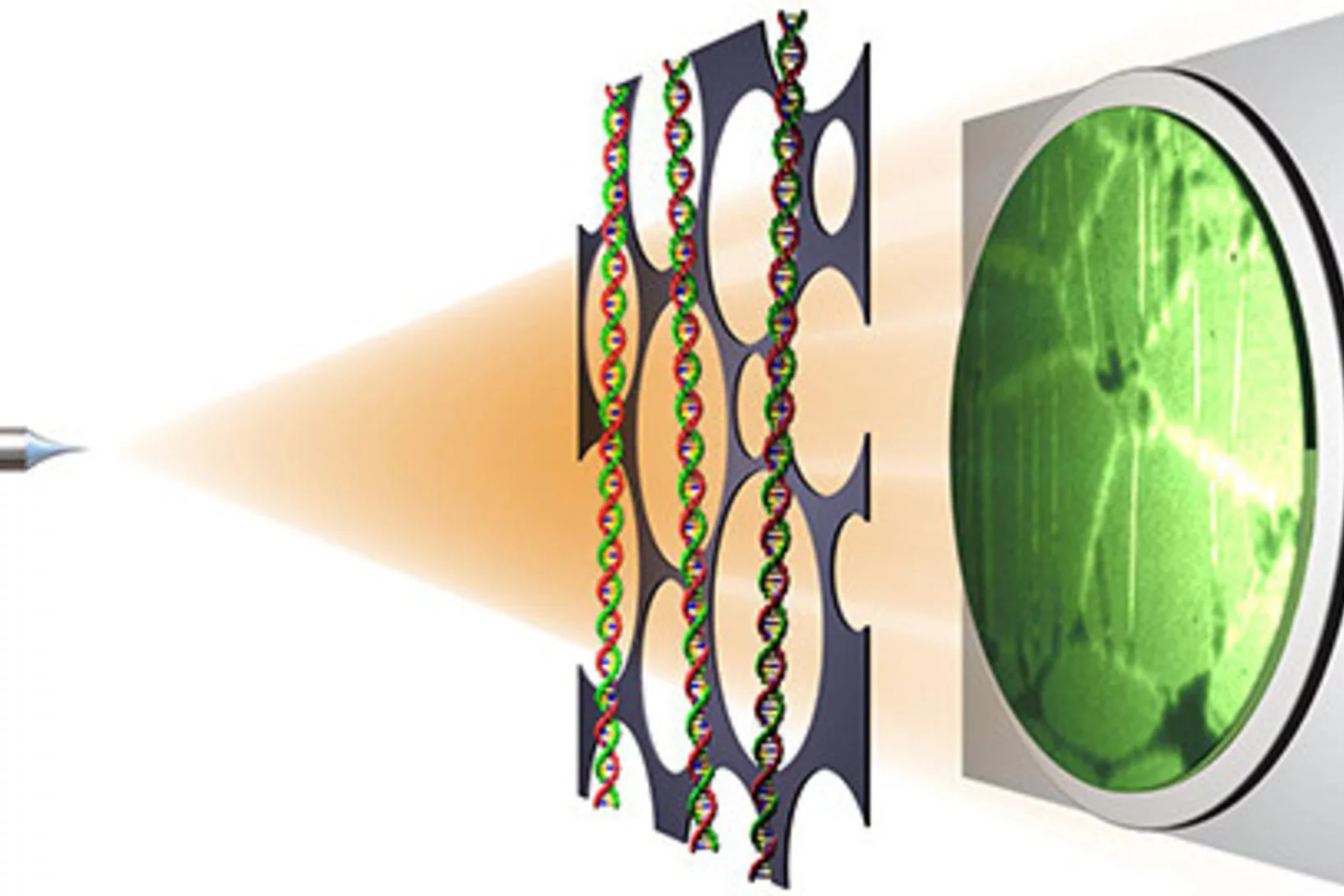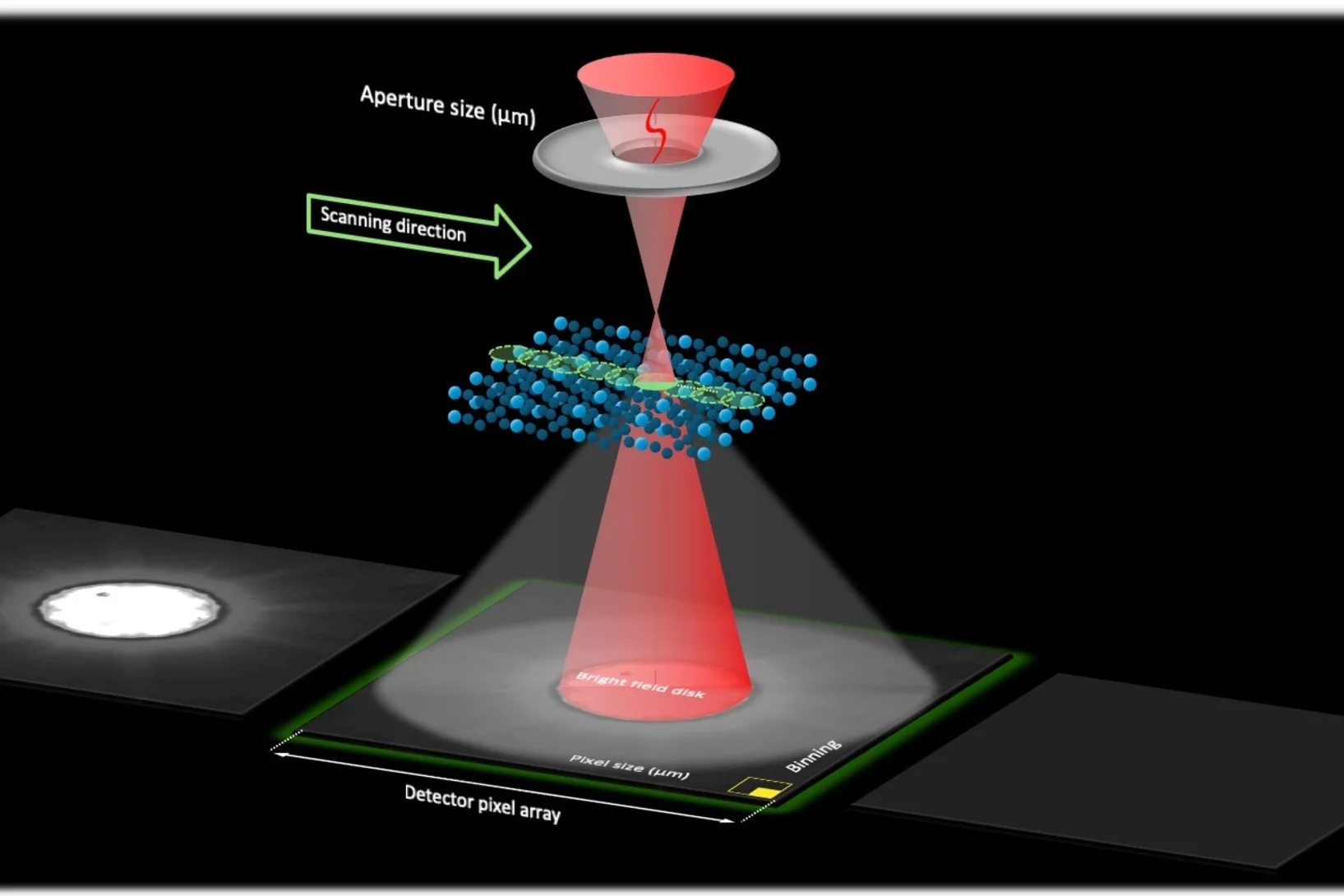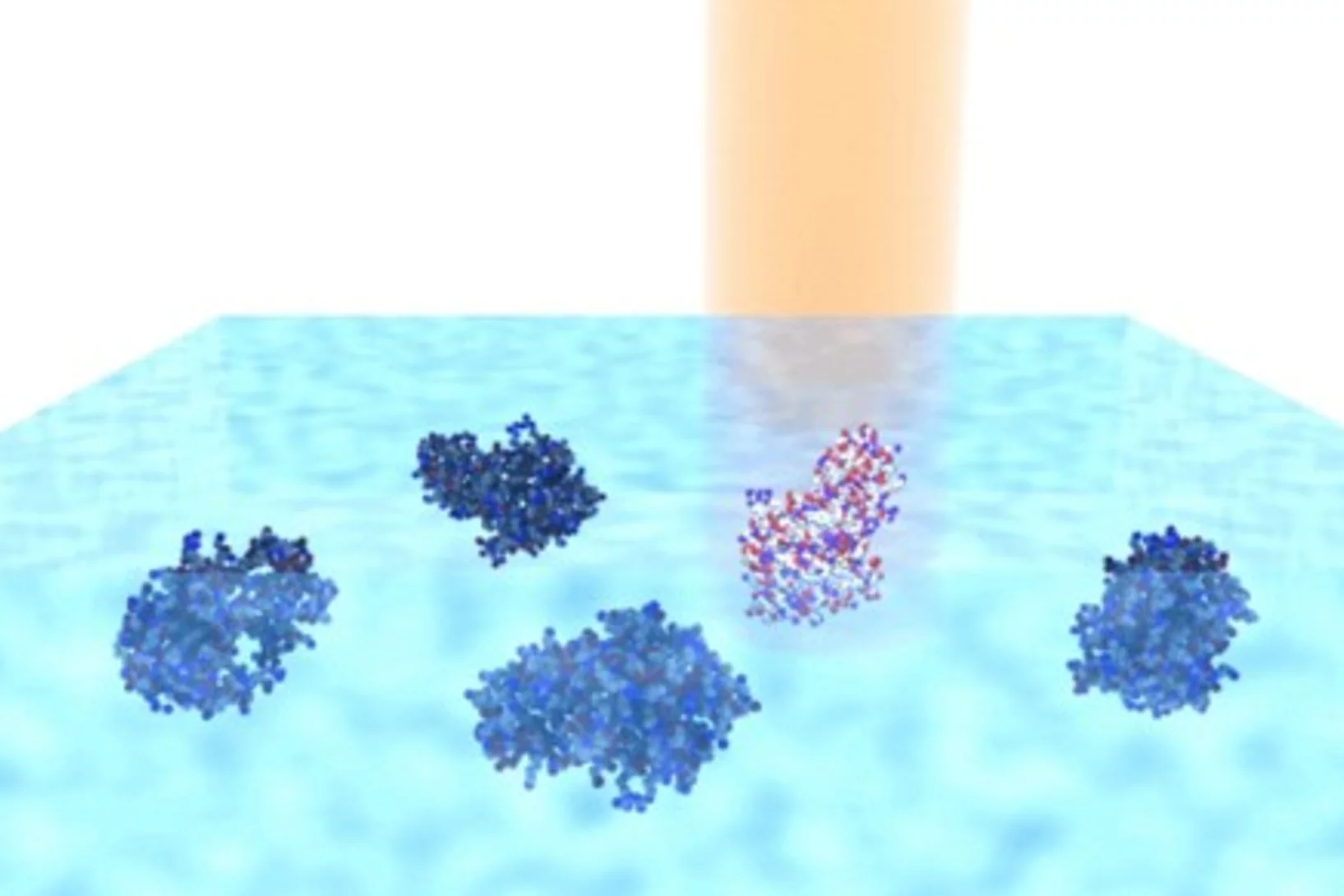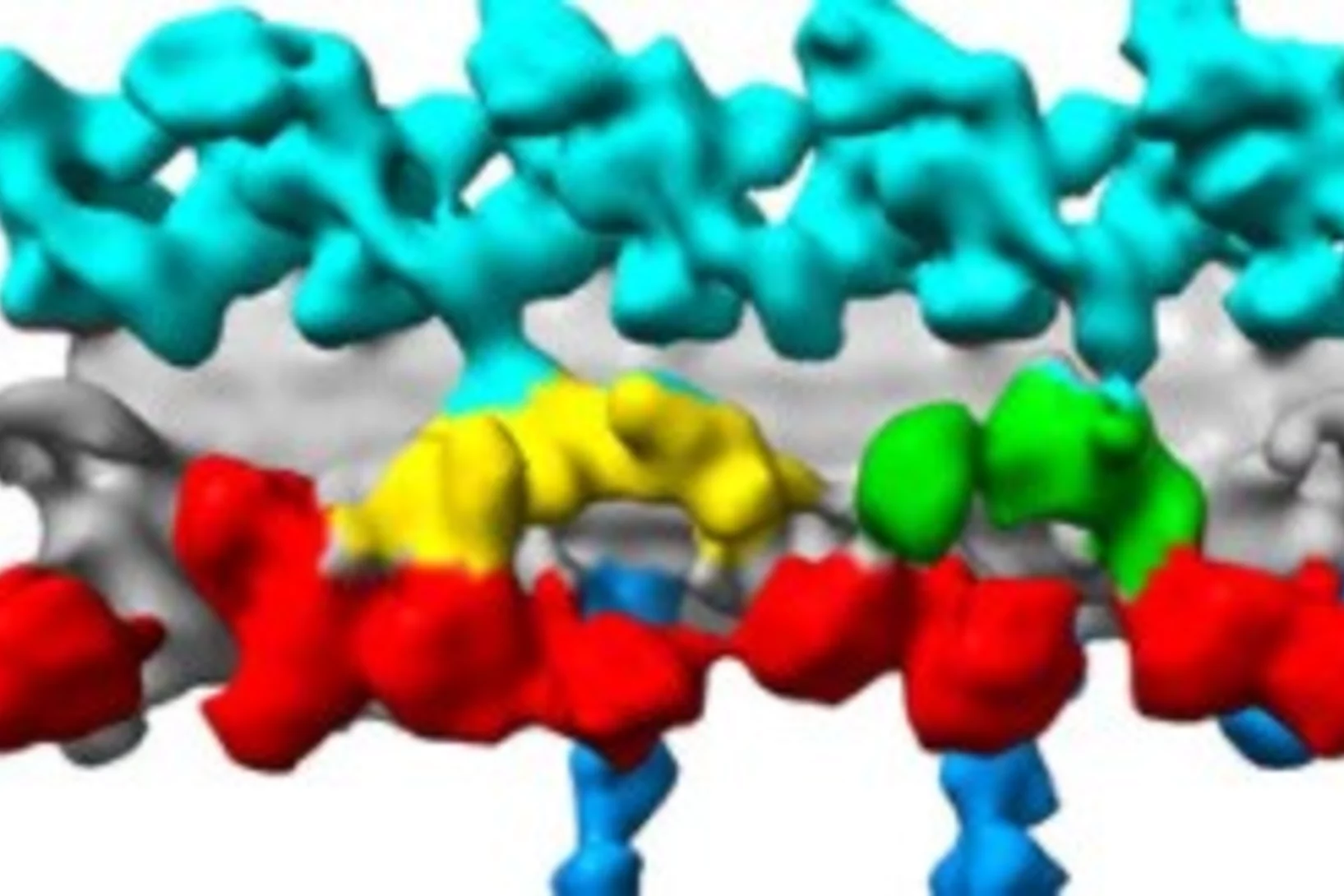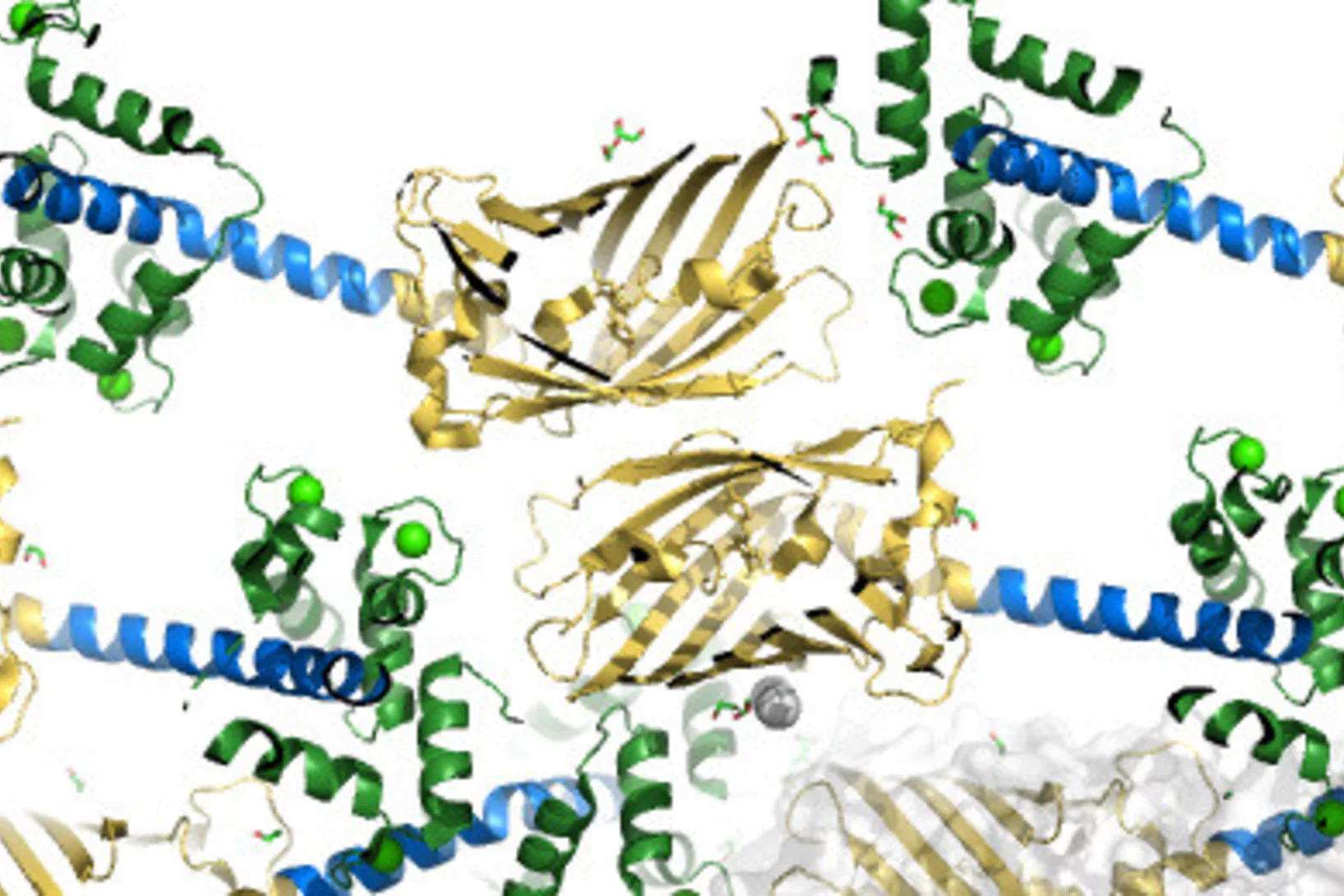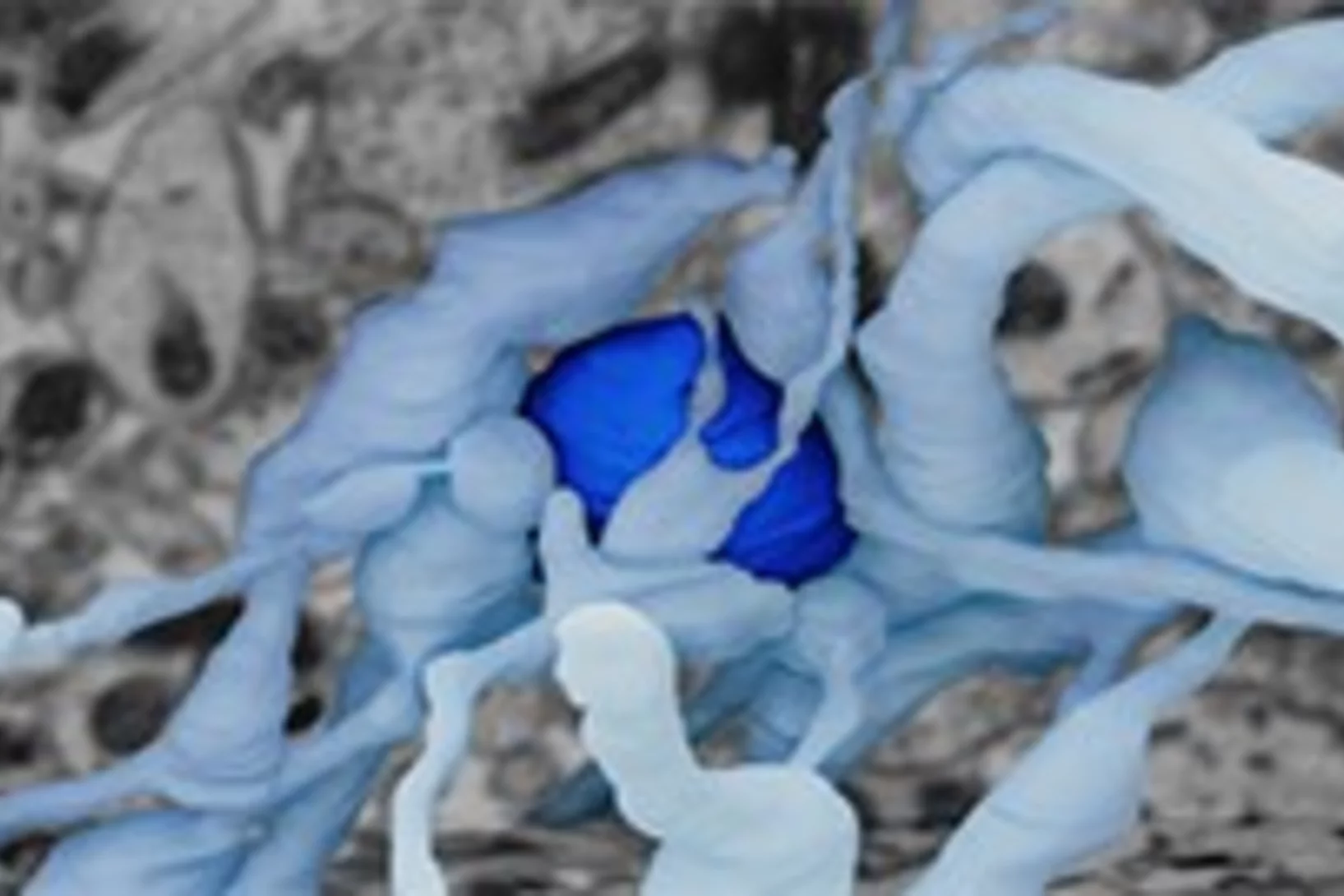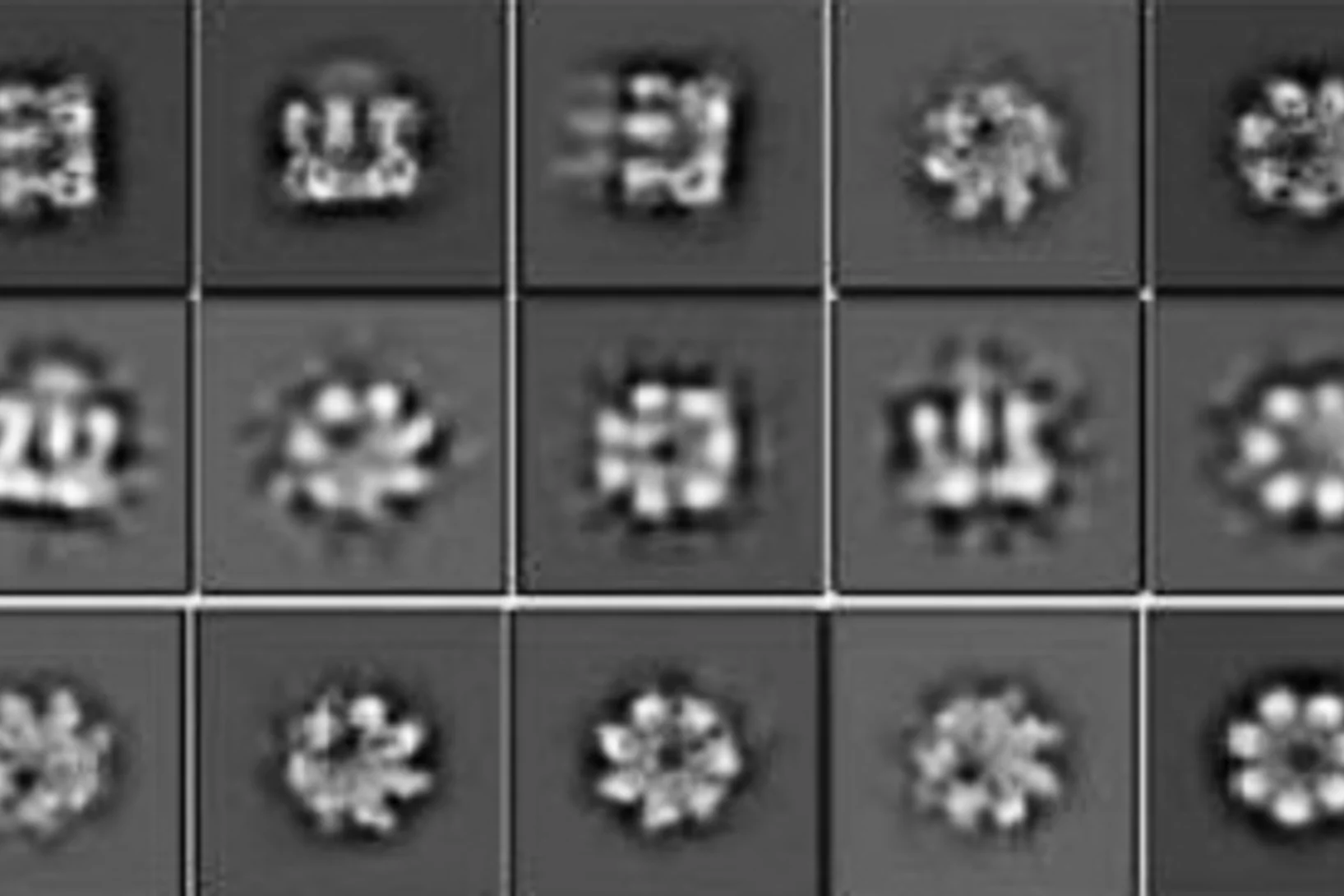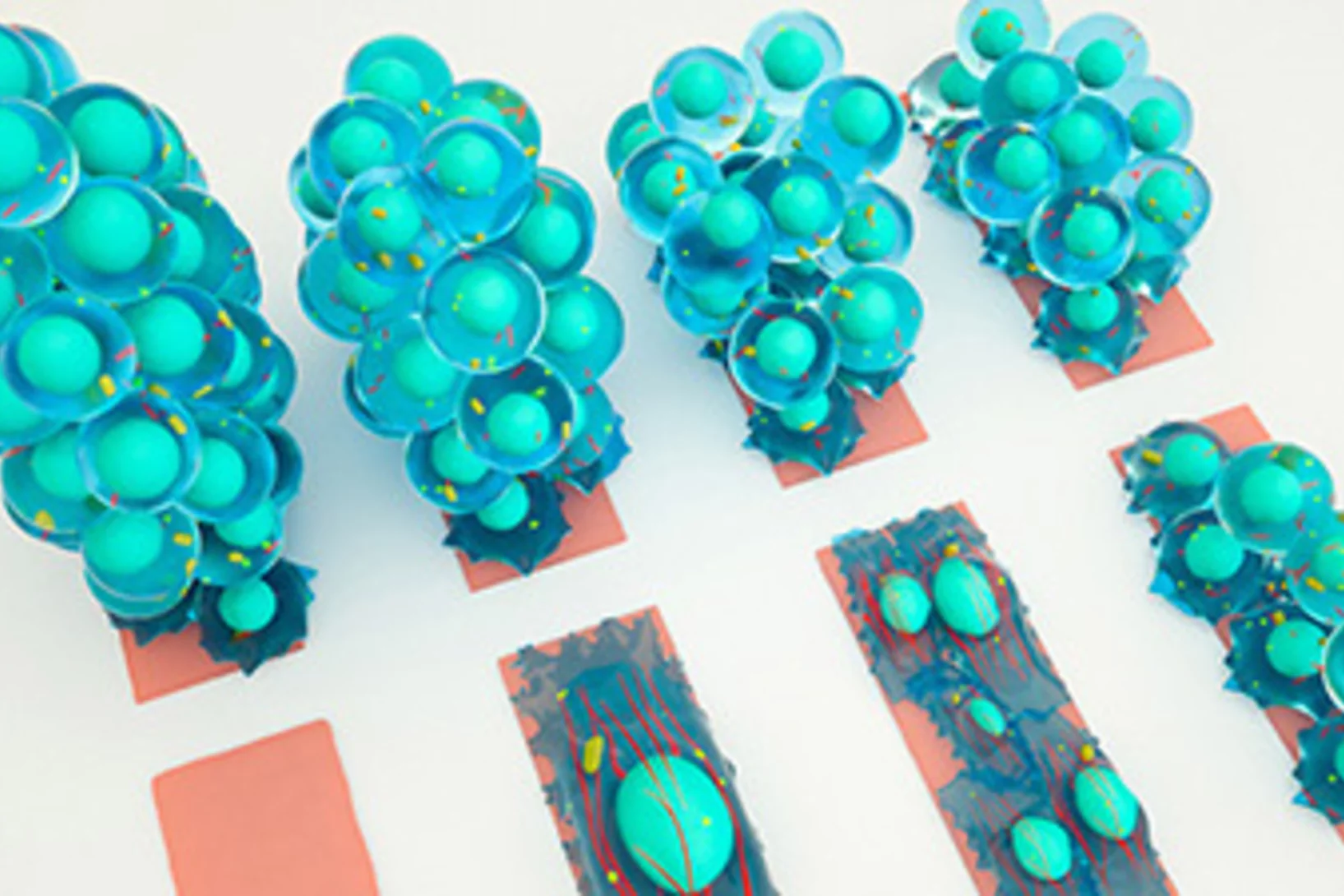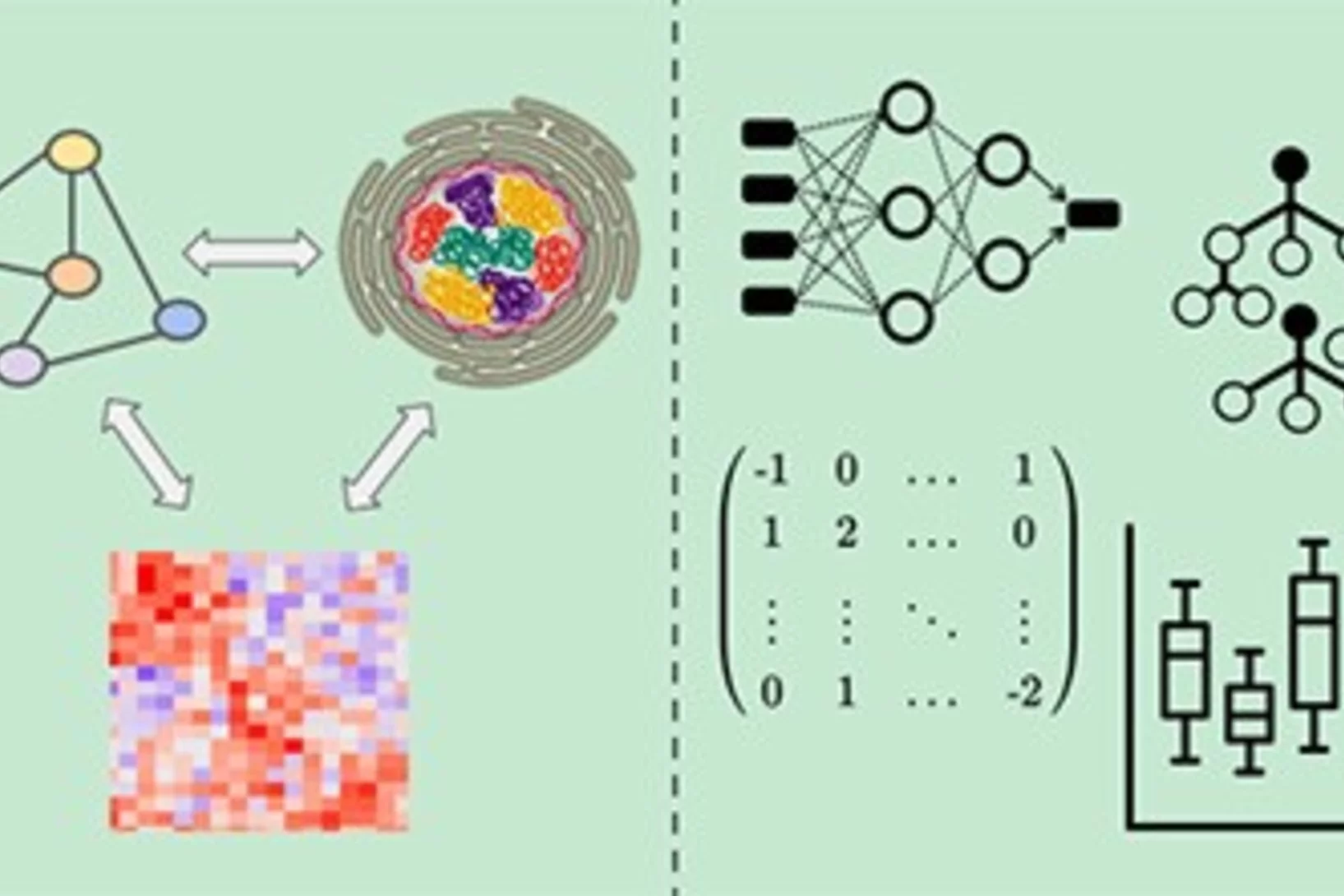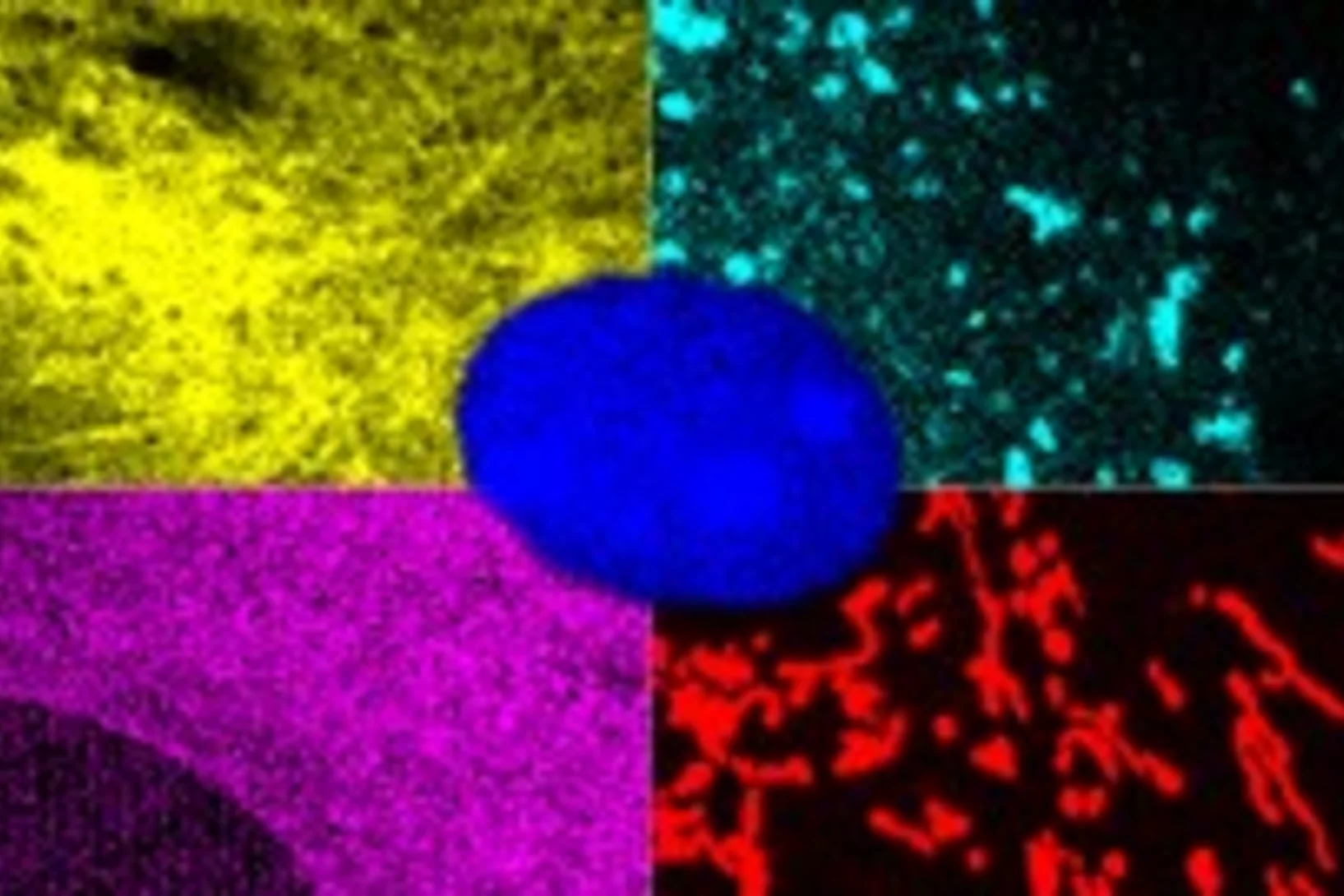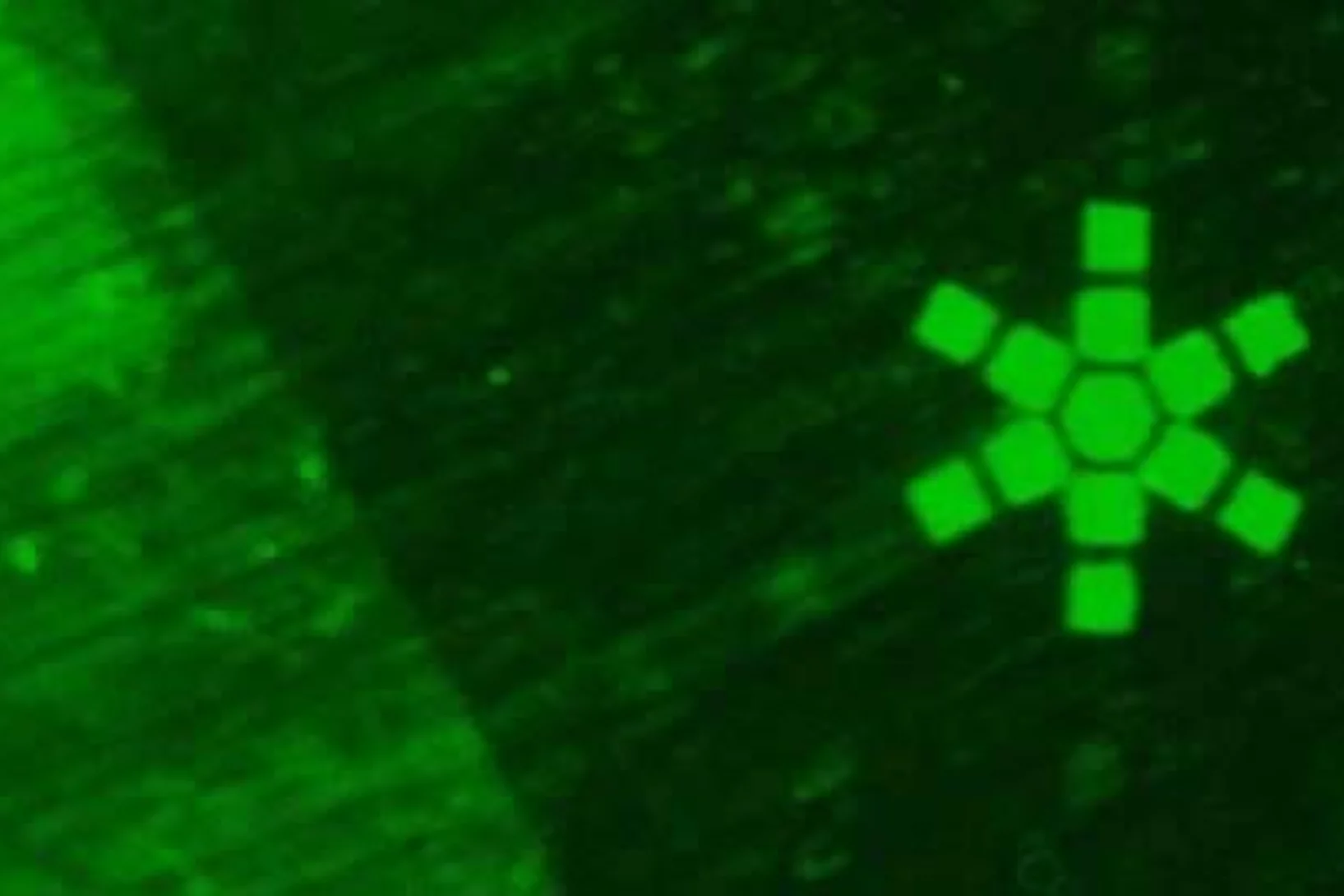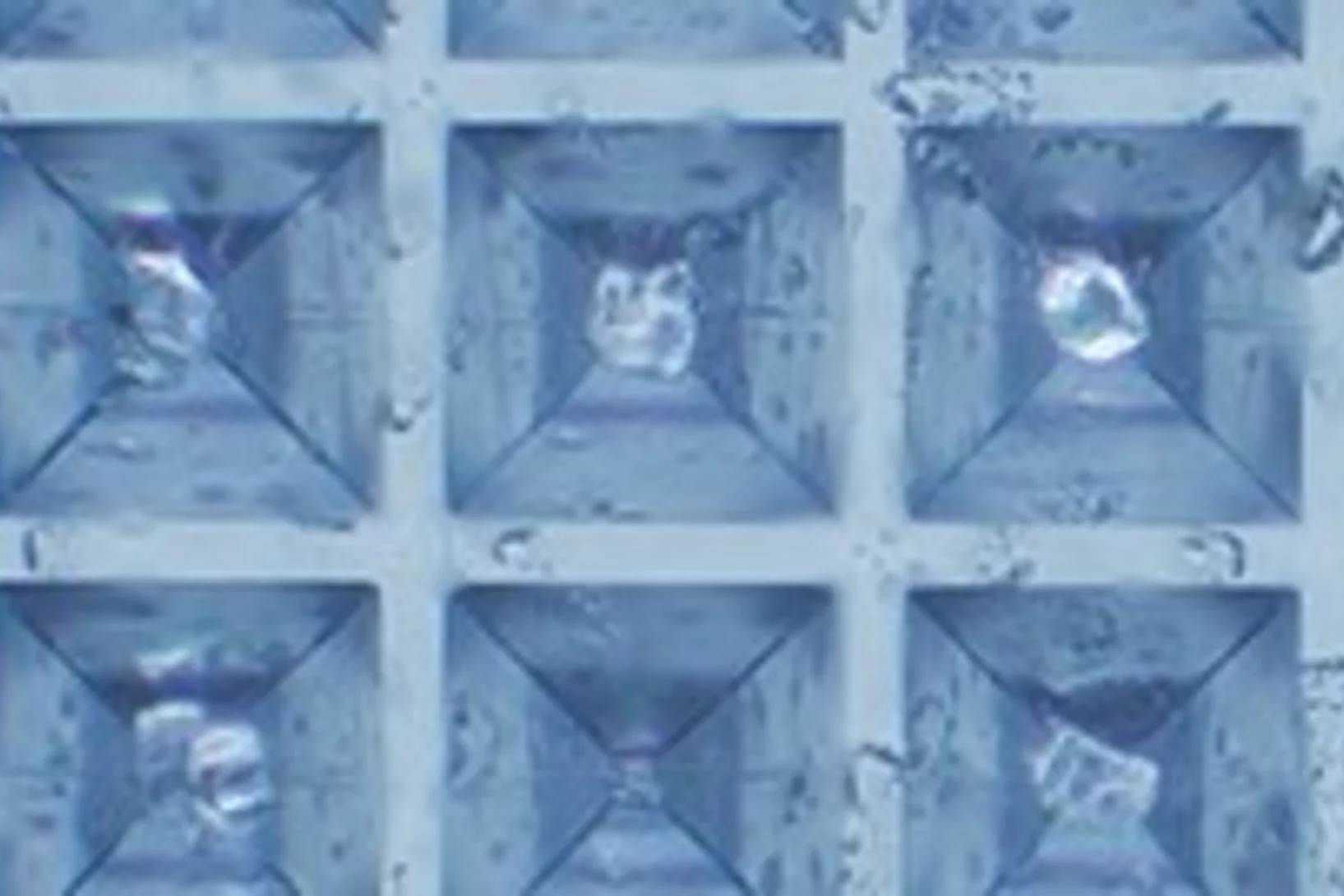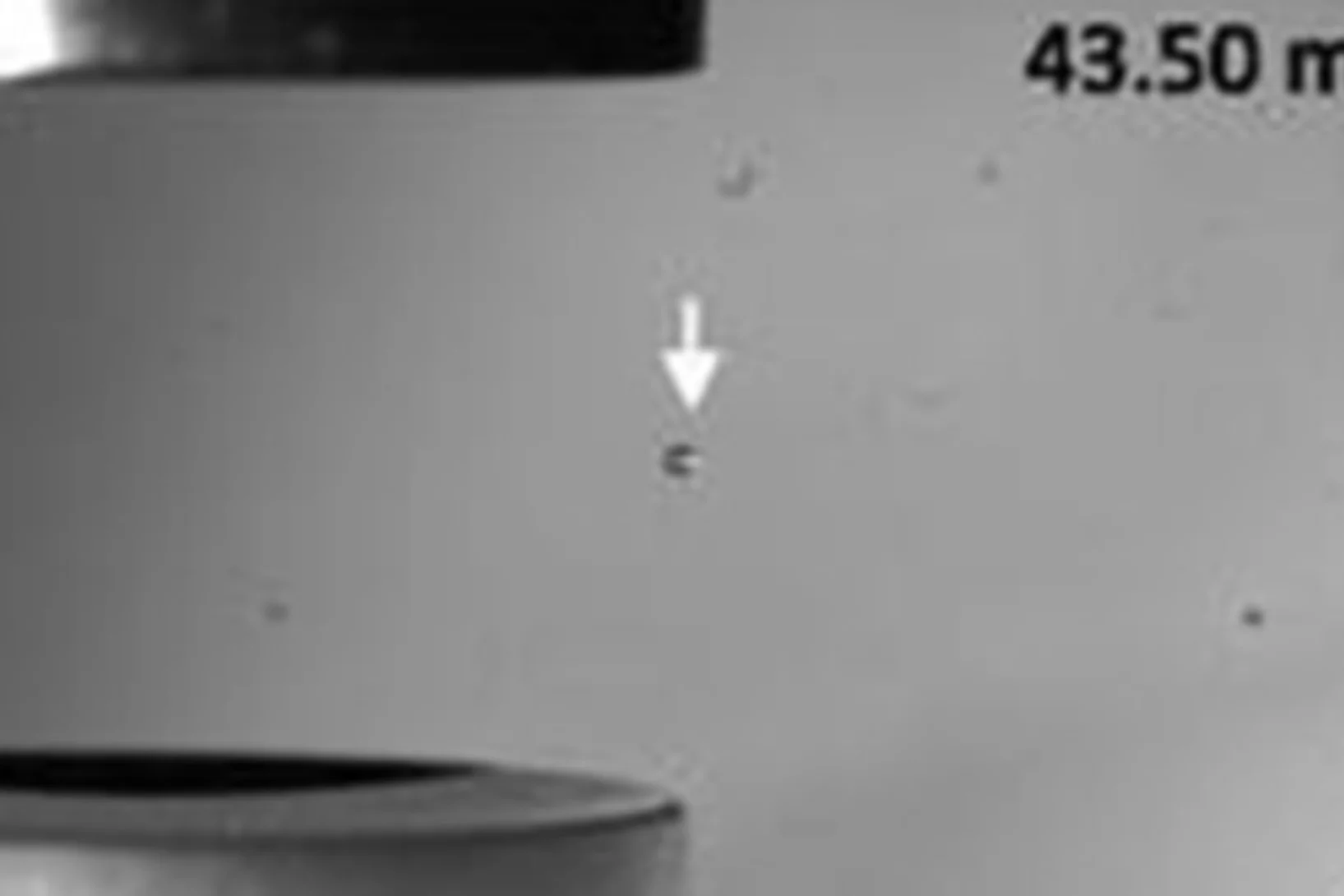Activities of LMB are organized in three major research themes, "Electron Microscopy and Diffraction", "Cellular Structural Biology & Multi-scale Bioimaging", and "Mechano-Genomics & Computational Biology". In addition, we provide expertise in technologies such as micro- and nanofabrication, biointerfaces, cellular engineering and light microscopy.
Electron Microscopy & Diffraction
Cellular Structural Biology & Multi-scale Bioimaging
Mechano-Genomics & Computational Biology
Technology support and related research
Building on expertise in micro- and nanofabrication, biointerfaces, cellular engineering and light microscopy we are running and supporting projects in different fields including mechano-genomics and protein crystallography.


